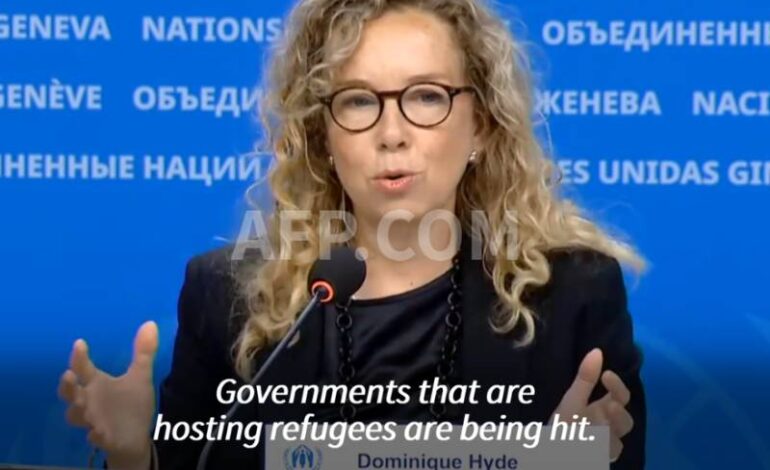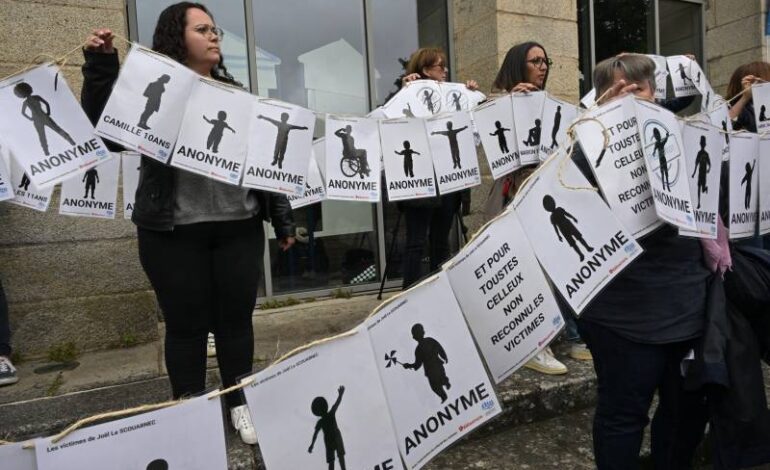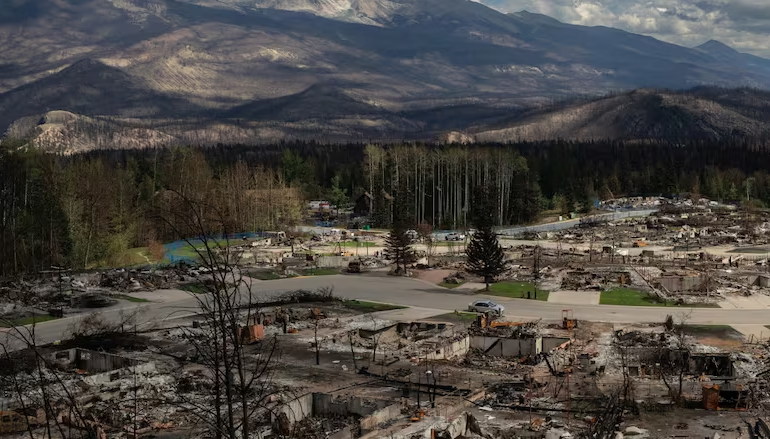
UN Warns Over 11 Million Refugees Face Loss of Aid Amid Severe Funding Cuts
Geneva, July 19, 2025 —
The United Nations has issued a stark warning that more than 11 million refugees worldwide are at imminent risk of losing lifesaving humanitarian assistance due to massive funding shortfalls, putting vulnerable populations in grave danger.
In a new report released Friday, the UN High Commissioner for Refugees (UNHCR) revealed that it has received only 23% of the $10.6 billion required to sustain its global aid operations for 2025. As a result, $1.4 billion worth of essential programmes have already been cut or frozen.
“This is a deadly cocktail of rising displacement, shrinking funding, and political apathy,” said Dominique Hyde, UNHCR’s Head of External Relations, speaking to reporters in Geneva. “We are incredibly concerned for refugees and displaced populations around the world.”
Millions Left Behind
The UN agency estimates that up to 11.6 million refugees and forcibly displaced people could lose access to food, medicine, shelter, education, and healthcare — core services that provide stability and survival for millions fleeing war, persecution, and disaster.
Hyde highlighted the particularly dire situation for Sudanese refugees, many of whom have fled to Chad, where malnutrition among children is worsening. The UN has been forced to scale back food rations and suspend nutrition screenings, leaving families stranded in insecure border zones.
“Families are being forced to make impossible choices — between feeding their children, buying medicine, or paying rent,” said Hyde.
In Chad and South Sudan, the UN has paused the relocation of new arrivals from dangerous border regions to safer camps, citing logistical and financial limitations.
Global Impact of Aid Cuts
The effects of the crisis are being felt globally:
In Bangladesh, nearly 230,000 Rohingya children are at risk of losing access to education due to programme suspensions in the camps hosting nearly 1 million refugees.
In Lebanon, the entire UNHCR health programme is in danger of being shut down by year-end, affecting thousands who rely on medical care amid ongoing economic collapse.
Critical services such as education, housing, and protection programmes for refugees in dozens of countries are being scaled back or shut entirely.
Adding to the strain, UNHCR announced last month it will cut 3,500 staff positions globally — nearly one-third of its workforce — due to the financial crisis.
Appeal for Urgent Global Support
The agency called on the international community — especially traditional donors like the United States and EU nations — to urgently step up support. Dramatic aid reductions from major contributors have left gaping holes in humanitarian coverage, threatening lives and destabilizing already fragile regions.
UNHCR emphasized that the current trajectory risks reversing decades of humanitarian progress, especially at a time when global displacement has reached record highs, driven by ongoing conflicts in Ukraine, Sudan, Gaza, Myanmar, and beyond.
“This is a moral and humanitarian emergency,” Hyde stressed. “We must act now — not when it’s too late.”






